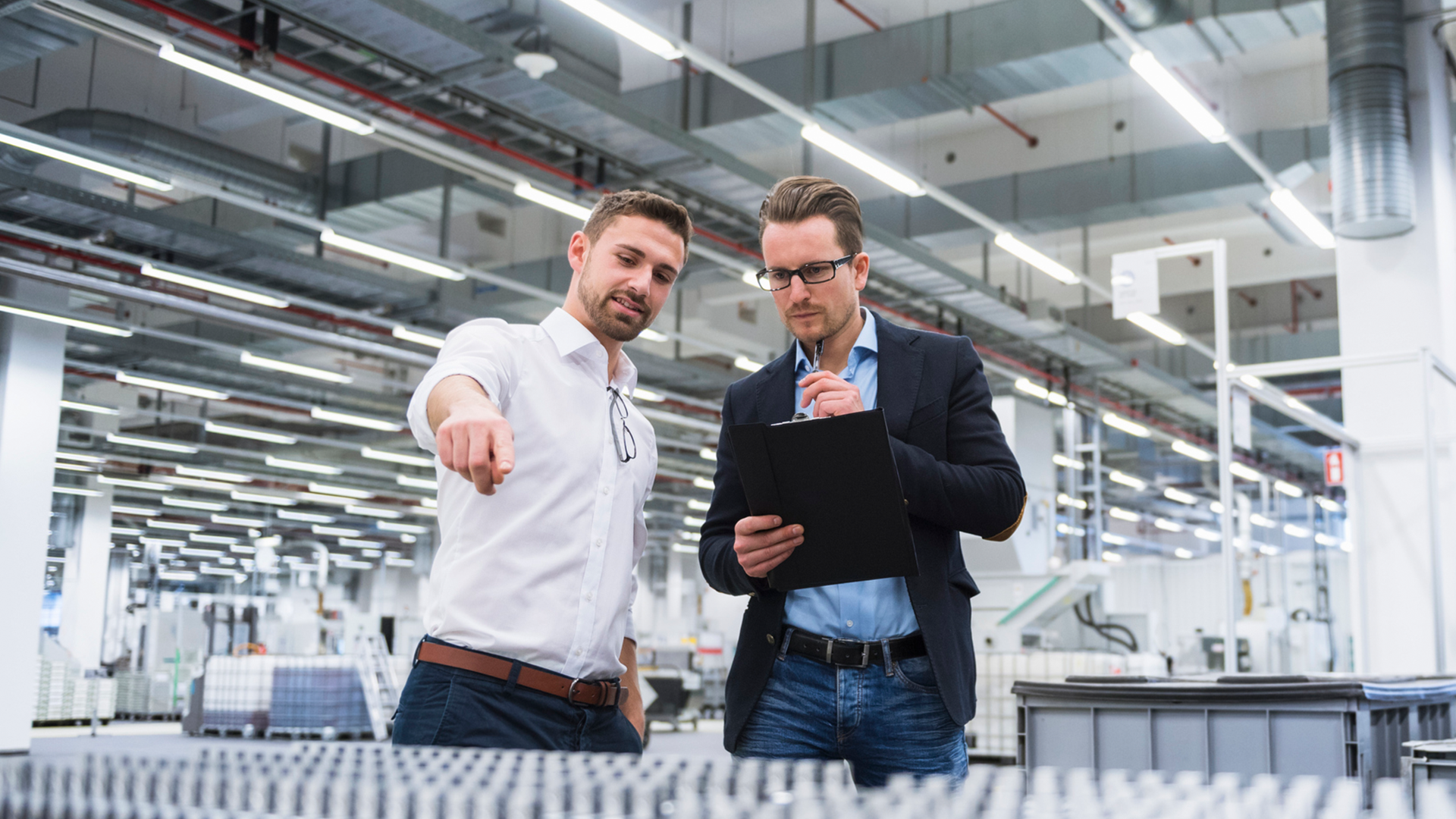Learning from companies implementing the factory of the future

How are manufacturers bringing the factory of the future to life?
In today’s industrial landscape, challenges such as labour shortages, rising costs, ageing assets and decarbonisation demand new strategies and sustainable manufacturing methods. The urgent need for agility and resilience is paramount. With consumers increasingly driven by environmental considerations when making purchasing decisions, implementing sustainable production cannot be delayed.How is sustainable manufacturing being achieved in practice and what strategies can help organisations progress more quickly? These questions were at the heart of a seminar led by Haskoning entitled Factory of the Future. We were joined by global manufacturing leaders in sectors including food and beverages, animal nutrition, healthcare, industrial products and more.
What does the future factory look like?
The event was introduced by Haskoning’s Chief Commercial Officer, Erik Oostwegel. He described what our organisation has learnt in our sustainability-driven transformation using innovation and digitalisation. Turning to the factory of the future, he explained that its success relies on meeting customer conceptions of the product of the future – sustainable, customised, healthy and affordable.Two inspiring keynote speeches followed and provided real examples of how the factory of the future is being brought to life. One speaker from a large dairy cooperative reported on the multinational dairy cooperative’s progress towards digital, sustainable production sites. He explained how individual site-based initiatives had now developed into the introduction of standardised roadmaps for reducing energy, water and CO2 within every factory. Dashboards and sustainability labels are helping to accelerate action and promote the sharing of successful initiatives. Investment is prioritised on principles of reduce, reuse, recycle.
Kees van der Voort Maarschalk, Technology Officer at starch manufacturer Avebe followed with a keynote entitled Sustainability as a License to Operate.
Sustainability is central to Avebe’s strategy and, using the example of water reduction, he described some of the lessons learnt:
- Identify the source of the challenge – in this case water intake reduction as a stand-alone target was a false incentive;
- Recycling and reuse have limitations and may not be sustainable in the long term;
- Leaner recipes make operations less robust and need to rely more on process control. The key question is how: what you can measure may not be what you should measure. Recognise that statistical controls rely on an assumption that the answer to your issues can be found in the data.
How are companies addressing common internal challenges
Two parallel break-out sessions enabled delegates to share practical experiences, ask questions and consider best practices. Both these sessions started with a case study describing a project under way within a global organisation and focused on challenges and solutions.
The importance of involving local teams
Every manufacturing operation needs to take action to reduce its emissions to meet ambitious carbon reduction goals. One session looked at the importance of involving local operations in the global energy transition. This can be difficult due to different interests, priorities and limited resources. Attendees shared their own experiences and explored strategies and tactics for engaging local teams. There was widespread agreement that middle management is crucial in gaining intrinsic involvement within local operations.Keeping stakeholders on board for innovative projects
The second session described challenges around implementing highly innovative projects with reference to an electrification pilot within a food manufacturing plant. The group discussed the key internal challenges in their businesses and how they are overcoming them to develop and install new technology in situations where stakeholders are risk averse and concerned about business impacts (financial or otherwise). It was interesting to see that such challenges were widely recognised and to hear inspiring solutions about how these are being successfully addressed.
Get in touch to learn more about how Haskoning is helping the manufacturing industry achieve sustainable production within factories of the future, or to register your interest in attending future events.







